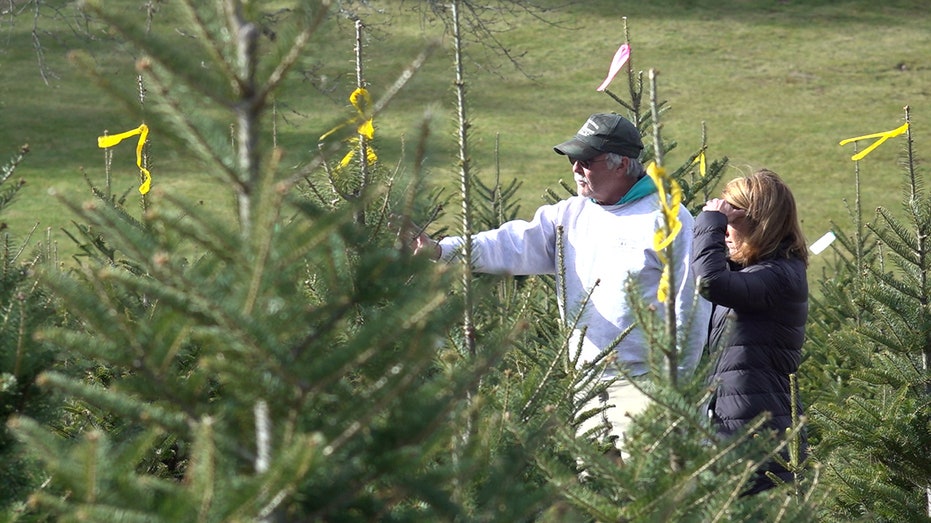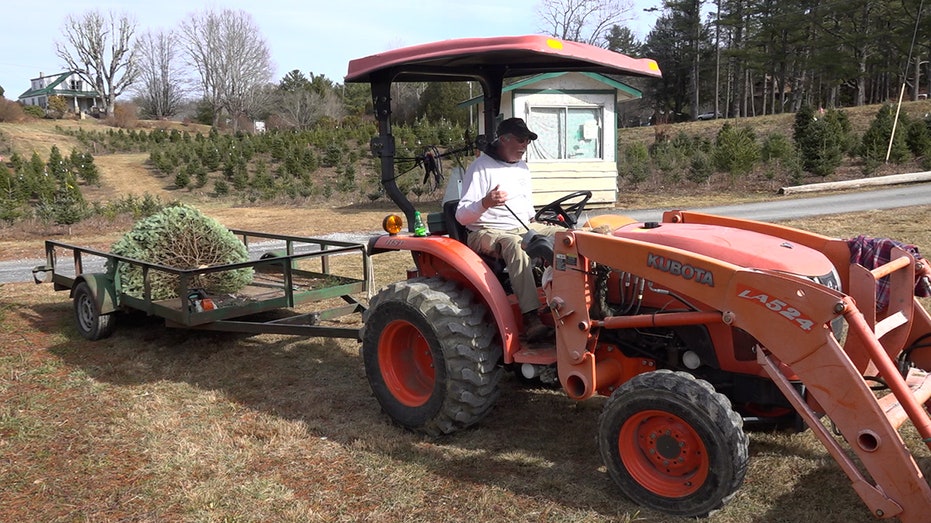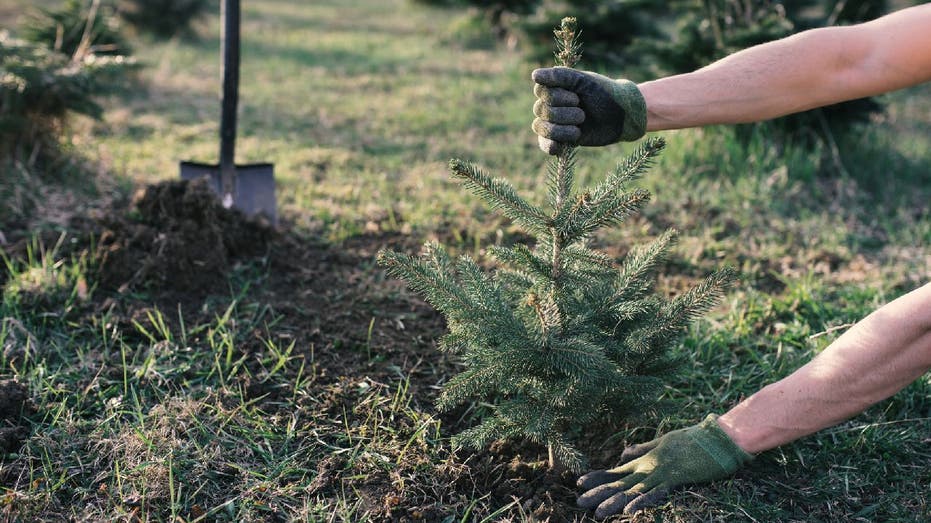Expect to pay a little more for your Christmas tree this year
The Christmas tree market is feeling the crunch - a short supply is putting a strain on farmers and consumers
Expect to pay a little more for your Christmas tree this year
Inflation is affecting the price of just about everything we buy, and Christmas trees are no different.
BOONE, N.C. – Inflation is impacting the price of just about everything we buy, and Christmas trees are no different.
Farmers say you should expect to pay a little more for your tree this year. In some cases, there aren’t enough trees to go around. And the cost of growing a tree is rising too.
"I did go up some. You just have to because your prices for everything is going up," said Steve Watson, a tree grower at Twin Pines Nursery in Pineola, North Carolina.
The nursery has been around for over 40 years. Watson says in a normal year, a 6-7 foot tree would sell wholesale for about $25. Now it’s between $45 and $55.
CHRISTMAS SHOPPERS PLAN TO BUY REAL TREES DESPITE HIGHER COSTS

Steve Watson at Twin Pines Christmas Tree Nursery in Pineola, N.C. (Austin Westfall / Fox Business / Fox News)
Fuel is expensive for the nursery’s tractors and chainsaws, and so is fertilizer. Watson says a ton of fertilizer used to be about $180, now it’s anywhere from $800 to $1,200.
The Real Christmas Tree Board said in August that 71% of growers expected wholesale prices to increase five to 15% this year.

Fuel and fertilizer prices have skyrocketed in recent years, impacting the cost of business for farmers like Watson. (Austin Westfall / Fox Business)
TIPS FOR PICKING THE PERFECT CHRISTMAS TREE
"We really haven’t seen this kind of inflation since to 70s and 80s," said Jill Sidebottom, spokesperson for the National Christmas Tree Association (NCTA).
Sidebottom says low supply is a big problem too. The 2008 recession hit farmers hard, so fewer trees were planted around that time.

A worker plants a young tree in the garden. Small plantation for a Christmas tree. (iStock / iStock)
"A lot of the farmers were getting older and aging out anyway so a lot of the small and medium-sized growers just went ahead and went out of business," she explained.
It can take 10 to 15 years for a tree to grow, so the effects of 2008 are lingering right now.
"We’re anticipating that it will take a couple more years before the supply equals the demand," Sidebottom said.
Increasing labor and shipping costs are also impacting some growers’ bottom lines.
CLICK HERE TO GET THE FOX BUSINESS APP
Although prices are higher for now, the NCTA has not seen evidence of a decline in people buying trees.





















